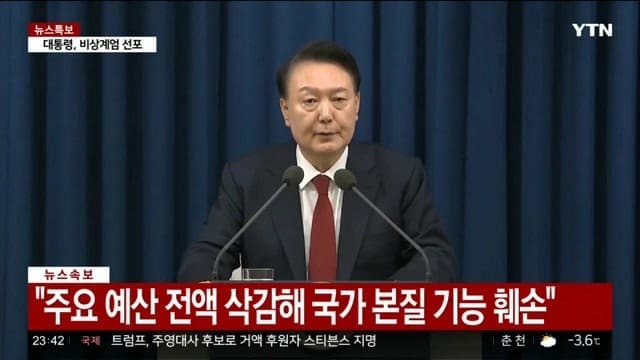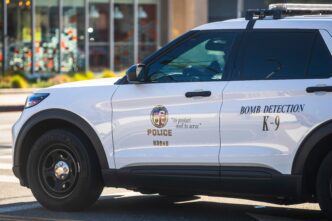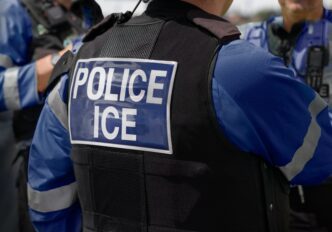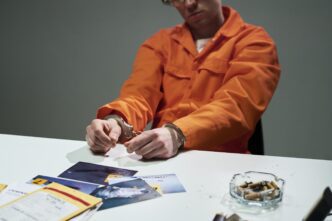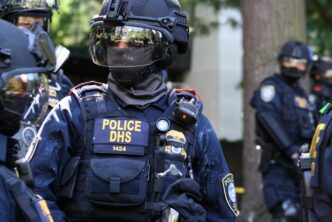South Korean law enforcement authorities have intensified their investigation into the controversial actions of President Yoon Suk Yeol by seeking a court warrant for his arrest amid allegations of rebellion, following his brief imposition of martial law on December 3.
The Corruption Investigation Office for High-Ranking Officials, alongside police and military authorities, have jointly requested this warrant from the Seoul Western District Court. This move comes as Yoon is accused of abusing his authority and orchestrating a rebellion. Despite multiple requests for questioning from public prosecutors and the joint investigation team, Yoon has evaded these efforts and has reportedly blocked searches of his offices.
The situation regarding whether the court will issue the warrant or compel Yoon’s appearance for questioning remains uncertain. Under South Korean law, areas possibly involved with military secrets cannot be subject to seizure or search without the consent of the responsible individual, making it improbable for Yoon to voluntarily present himself for detention. His presidential powers were nullified following the National Assembly’s decision to impeach him on December 14, a fallout from his hours-long martial law declaration that has led to significant political discord, suspended high-level diplomatic engagements, and unsettled financial markets.
Whilst defending his decree, Yoon termed it a necessary governance step, pointing fingers at the liberal opposition Democratic Party’s disruption of his agenda, owing to its parliamentary majority.
The impeachment proceedings have now shifted to the Constitutional Court. The court is deliberating whether to endorse the impeachment and formally oust Yoon from office or to reinstate him. Adding to the political drama, the parliament has also impeached Prime Minister Han Duck-soo, who assumed the acting presidential duties, for his hesitation in filling three crucial vacancies in the Constitutional Court amid Yoon’s case review.
The turmoil in the South Korean political landscape sees Deputy Prime Minister Choi Sang-mok stepping in as the interim leader, assuming responsibilities amidst the unfolding crisis.
The coming weeks will be critical in shaping South Korea’s political climate as the judicial and legislative branches grapple with these high-stake deliberations. The nation awaits the Constitutional Court’s decision, which will have profound implications on its governance and stability.
Source: Wsvn


